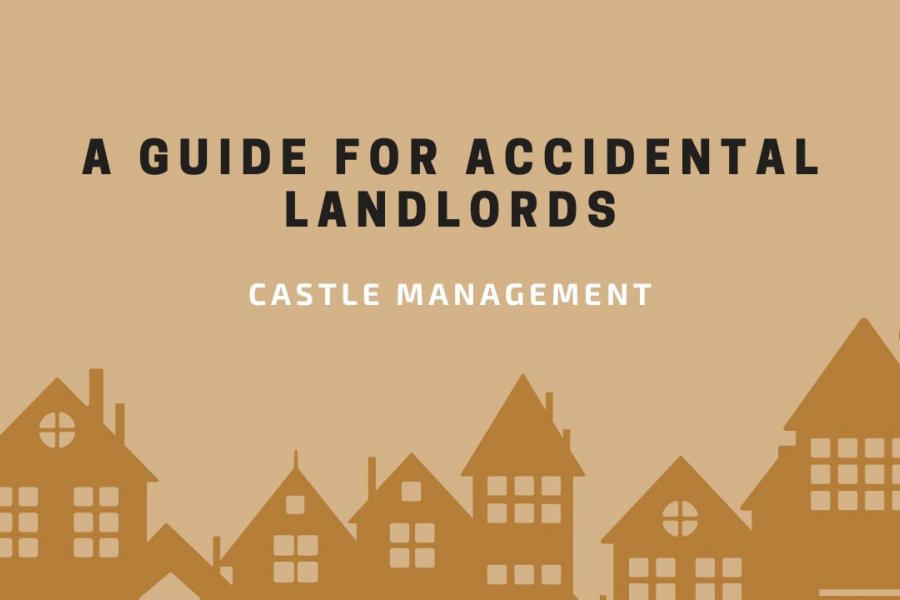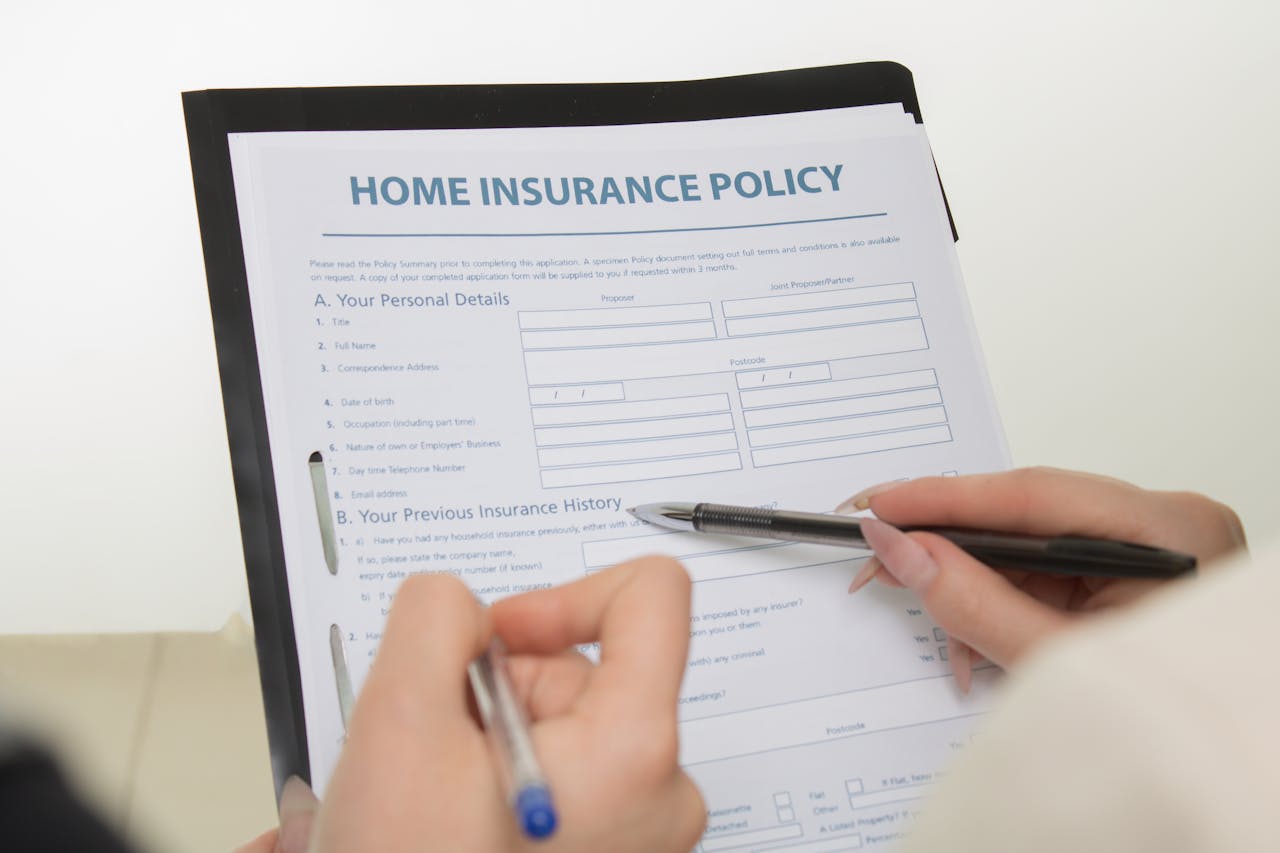
- Accidental Landlords Are More Common Than You Think: Many property owners fall into landlord responsibilities unexpectedly — whether through inheritance, business changes, or unsold properties. The key to success is treating the role like a business from the start.
- Legal and Financial Responsibilities Are Serious: From Fair Housing laws to insurance, zoning, and taxes, accidental landlords face complex requirements. Understanding your obligations protects both your property and your tenants — and prevents costly mistakes.
- Tenant Management and Maintenance Are Full-Time Commitments: Keeping tenants happy and the property well-maintained requires structure, communication, and quick response times. A preventative maintenance plan and clear lease agreements go a long way.
- You Don’t Have to Do It Alone: Professional property management can take the burden off your shoulders. Whether it’s handling repairs, collecting rent, or navigating compliance, companies like Castle Management help accidental landlords turn chaos into consistent performance.
Sometimes life hands you a property and no instruction manual. Perhaps you were given a multifamily building by a relative. Perhaps your company has expanded beyond the size of your building, and you now have the additional space to rent. Or perhaps you just wound up having more real estate than you had ever intended.
If that rings a bell, you are what we refer to as an accidental landlord. And you’re far from alone. Across the country, many property owners fall into this category. What starts as an unexpected situation can turn into a real opportunity — but only if you learn to handle it like a business.
This guide by Castle Management walks you through what matters most: understanding your responsibilities, protecting your investment, and knowing when to bring in help.
Learn how we can help you maximize your home’s potential.
What Exactly Is an “Accidental Landlord”?
It’s simple — an accidental landlord didn’t plan to become one. Perhaps you inherited a building or purchased a building to use in your business, or you retained a space that you could not sell. Now you are dealing with tenants and repairs rather than simply owning a property.
In the residential world, this can mean a single rental home. In commercial or multifamily properties, it’s bigger — leases, maintenance contracts, compliance rules, and financial tracking all play a part.
The bottom line? Even if you didn’t ask for this role, you’re in it now. And that means thinking like a professional from day one.

Understanding Your Legal Duties
Commercial and multifamily buildings come with a lot more rules than most new landlords expect. You’re not just handing over keys — you’re responsible for keeping your space safe and compliant.
That includes:
- Following local zoning and occupancy laws.
- Maintaining fire and safety systems.
- ADA accessibility requirements of tenants and visitors.
- Adhering to Fair Housing laws, which govern multifamily premises throughout the U.S.
According to the U.S. Department of Housing and Urban Development, landlords should have an equal opportunity to housing, and non-compliance may result in penalties in the form of huge fines or even lawsuits.
To an outsider in the property management field, it is too much to digest. However, the knowledge of these fundamentals will cushion you and your tenants against unnecessary trouble in the future.
Getting a Grip on the Financials
Becoming a landlord changes how you handle money. Suddenly, you’re tracking income, maintenance costs, insurance, and taxes — all while trying to stay profitable.
Here’s a starting point:
- Look at your rental income and estimate realistic expenses.
- Don’t forget ongoing maintenance and insurance premiums.
- Build in a cushion for vacancy periods or market changes.
Commercial leases can bring in strong returns but require more upfront investment. Multifamily units may feel steadier month to month, but come with more upkeep.
At Castle Management, we help owners break those numbers down through our property management services. Our goal is simple — make your property run like a business without losing your time or peace of mind.

Keeping Tenants Happy and the Building Running
One of the biggest surprises for accidental landlords? Managing tenants. Commercial tenants expect professionalism and clear communication. Multifamily renters expect comfort and quick repairs. You need systems for both.
Begin with good lease agreements- no handshake deals. Maintenance and frequent check-in follow-up. And when issues arise, address them in a timely and consistent manner.
Individuals communicate, and particularly around common areas. Once the tenants are respected, the word goes around. You will have fewer complaints, fewer vacancies and more stability in the long run.
Learn how we can help you maximize your home’s potential.
Maintenance: The Hidden Challenge
To any property owner, when he or she asks what keeps him or her awake at night, he or she is likely to say maintenance. That leaky pipe or faulty HVAC system might not seem much, but small problems come to pass. The PHFA Best Practices guide recommends that you “establish a preventative maintenance program” as a foundational step in maintaining tenant satisfaction and property value.
In the case of commercial buildings, it can be the routine checks of roofs or HVAC service contracts. In multifamily housing, consider plumbing, lighting and landscaping.
When you are on your own, tending to tenants and repairs, it might seem like a second full-time job. That’s why many accidental landlords eventually call in professional help. Castle Management’s maintenance programs are built for this exact situation — to protect your property, prevent downtime, and keep things running smoothly.
Make Sure You’re Properly Insured
This one’s easy to miss. Many accidental landlords assume their existing homeowner or business policy covers rentals. It usually doesn’t.

You’ll need landlord-specific insurance — especially for commercial or multifamily properties. That might include:
- General liability coverage for tenant or visitor injuries.
- Property insurance in case of damage, vandalism, or natural disasters.
- Loss of rent protection if a unit becomes uninhabitable during repairs.
Take the time to talk with your insurance agent. Getting the right coverage upfront is cheaper than dealing with uncovered losses later.
Taxes: What Changes When You Start Earning Rent
The IRS views rental income as taxable, but it also lets you deduct expenses like maintenance, management fees, and depreciation.
Keeping organized records from the start makes a big difference. You’ll thank yourself come tax season. The IRS overview on rental income and expenses explains the basics, but most owners benefit from professional guidance — especially if their rental income overlaps with a business or partnership. Good bookkeeping may not sound exciting, but it’s what separates a stressful year-end from a simple one.
When to Bring in the Professionals
There’s a point where even the most dedicated landlord realizes they can’t do it all. Managing tenants, handling maintenance, keeping up with regulations — it adds up fast, especially in commercial and multifamily properties. That’s where a management company becomes a partner, not an expense.
At Castle Management, we handle the daily grind: rent collection, tenant communication, inspections, repairs, and compliance. We’ve worked with countless accidental landlords who needed structure and support — and ended up with properties that performed better than ever.
Bottom Line
You didn’t plan to become a landlord, but now that you are, you have a choice. You can manage it the hard way — trial and error — or you can learn, plan, and treat your property like the investment it is. With the right systems and a reliable team behind you, even a surprise responsibility can turn into a long-term advantage.
Castle Management helps property owners navigate that transition every day — bringing experience, consistency, and peace of mind to those who never expected to be in the real estate business.
